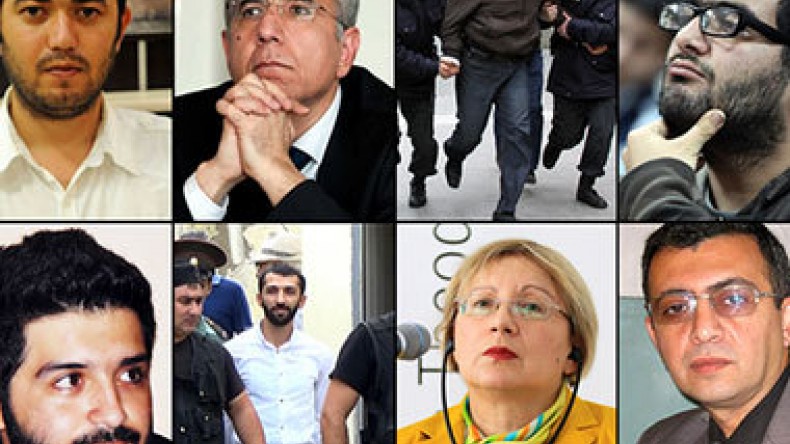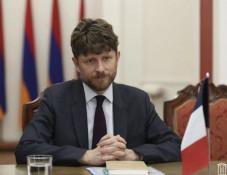
Foreign journalists and human rights defenders barred from entry to Azerbaijan to take part in European Games
The government of Azerbaijan has banned the Guardian, along with a number of media outlets and human rights activists, from entering the country to cover the inaugural European Games, The Guardian reports.
In an attempt to quash coverage of these issues, the Azerbaijanis have gone further, denying entry to a number of human rights organizations and journalists. The Guardian originally applied for accreditation for its chief sports correspondent, Owen Gibson, in January, when the process opened. Flights were booked and accommodation in the media village confirmed by the organizers.
Following repeated inquiries it was confirmed on 5 June by the head of press operations that approval for Gibson was still pending subject to government background checks. Confirmation that the application had been turned down and the Guardian would not be able to enter the country to cover the event and associated issues was not received until June 11 in the morning – the day before the opening ceremony and three hours before the flight that had been booked. That is why Gibson was not able to arrive in Azerbaijan.
According to The Guardian, the decision appears to be linked to the Guardian’s trip to Azerbaijan in December to report on preparations for the European Games and the country’s ambitious attempts to expand its portfolio of international sporting events, against a backdrop of rising concern about the government’s clampdown on freedom of speech and any political opposition. Gibson met the investigative journalist Khadija Ismayilova, who was jailed shortly after.
The Guardian cites Human Rights Watch as saying that there were other cases of journalists being refused press accreditation, and human rights activists have also been barred from entry. Earlier this week, Emma Hughes, an activist with the London-based Platform was detained at Baku airport and deported. She had been accredited to cover the Games as a journalist. The government also ordered Amnesty International to postpone a trip to Baku to release a report on human rights in the country until after the games. In March, Human Rights Watch’s senior researcher on the region was also denied entry at Baku airport and deported.
“It’s unacceptable that a country that wants to host an international sporting event is restricting the freedom of movement of journalists. The organisers of this event have got to ask if this is what they want to be associated with,” said the shadow sports minister Clive Efford. He said the ban on critical journalists covering the event raised questions for sponsors, including British Petroleum which ought to be considering their position, if they are sponsoring an event that is resulting in journalists being prevented from reporting freely.
On 12-28 June, Baku is hosting the first European Games under the auspices of the European Olympic Committee. According to media estimates, the Games will cost the Azerbaijani population $10 billion. However, they have become a serious headache for the locals with numerous bans and demolition of property. The preparatory works for the Games are accompanied by crackdowns and brutal repressions against dissent.
Related:
Twitter hashtag war unfolds between Azerbaijani authorities and international human rights campaigners
First European Games in Baku may be last: Austrian athletes get in accident, Russians fight with Ukrainians
Newsfeed
Videos






























